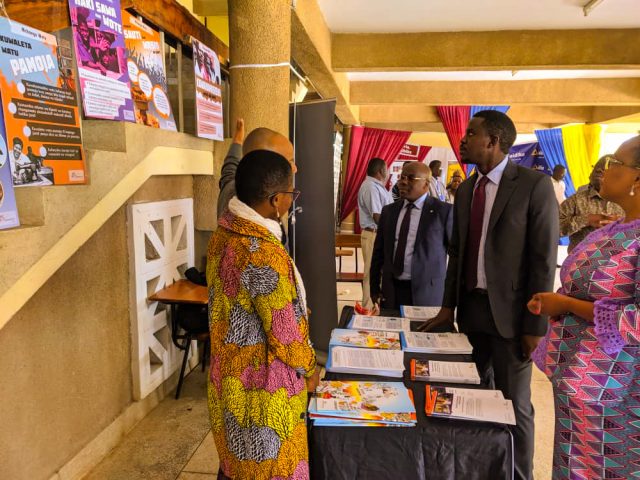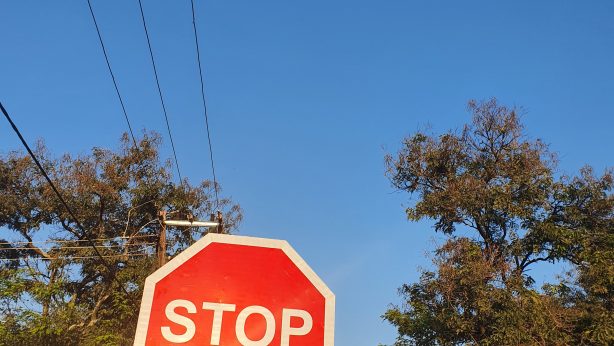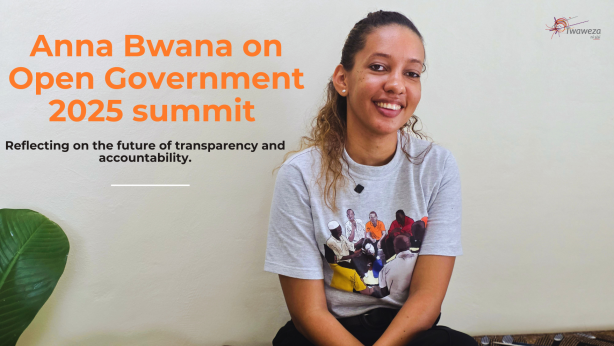Bridging the gap: How communication officers can help make government more responsive

At Twaweza, we believe communication officers are a bridge between government and citizens. The important quality about bridges is that they enable a two-way flow of traffic.
Addressing a conference of more than 300 government information and communication officers, Twaweza East Africa Executive Director, Aidan Eyakuze said the primary function of communication officers is to disseminate information from government to citizens (planning, budget and expenditure) and to channel citizens’ concerns and experiences to government, all with a view to enabling citizens to participate fully in national development and to hold government accountable.
While information and communication officers often view the transmission of information as their key role – they are after all employed by the government, Twaweza contends that the most important part of their job is to make sure that the government is informed of citizens’ opinions, priorities and challenges as well as their feedback on how the government is performing.
The officers were meeting in Mbeya, Southern Tanzania for their annual workshop aimed at empowering and strengthening government communication departments.
For Twaweza, access to information is the cornerstone of improving transparency, participation and accountability on both sides: government and citizens.
According to a Sauti za Wananchi survey 2018, citizens’ support for access to information is strong and growing. Seven out of ten citizens (70%) said information held by the government is a public resource.
However, data show that as much as citizens support access to information, only a few people request information from the government. Sauti za Wananchi in 2017 showed that only one out of fifty citizens (2%) has ever sought information from a government website or government bodies.
To ensure that we understood both sides of the issue, Twaweza also conducted qualitative research among civil servants on their perspectives on access to information and citizen participation in 2020.
In the interviews, civil servants mentioned some benefits of citizens’ right to access information including increased awareness of key issues; better relationships between citizens and civil servants; and better access to social services for citizens.
However, they also acknowledged the challenges around the implementation of the Access to Information Act including government bureaucracy, over-emphasis in government on confidentiality; lack of budget and the cost of implementation; low public demand and awareness; and politicization of the issue.
On both sides, although support for access to information is strong, there are major gaps in both providing and seeking information.
Twaweza made three simple calls to government information and communication officers to help them to play their pivotal roles better.
- Champion citizen feedback in your institution
- Ensure citizens can access all the information they need from your institution
- Collaborate with all stakeholders – inside and outside government
We look forward to attending future fora to see if these government officials have heeded our call.


